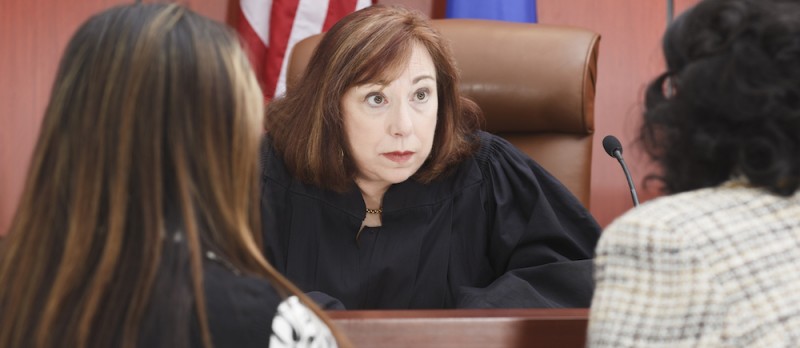

Many mediation skills can be beneficial in any justice system. Here are a few that you may be able to apply to your bench today, regardless of where you serve.
1. Think about how you frame questions
Open-ended questions produce the most information. Closed-ended questions close down communication and may have limited use if you need to keep someone from repeating. Do remember that people who repeat are trying to indicate that they feel they have not been heard.
2. Avoiding the word “why”
Questions using the word “why” place the responder on the psychological defensive, and these individuals are more likely to “construct” an answer that they think you want to hear, as opposed to the information they would have provided if an open-ended question had been asked. A “why” question can be changed to an open-ended question, as in, “What factors led to your decision to … ?”
3. Improve your listening skills
Mediators learn what keeps them from listening. They also understand what psychological factors cause people to listen to some and tune out others. In the NJC’s Civil Mediation course, mediators learn about the Seven Fatal Listening Filters. One that may be useful on the bench or at home is the filter of familiarity: You have heard it all before, so you do not listen. Good listening skills have saved more than one marriage.
4. Lean forward
Improving the public’s perception of the court system can be enhanced with a couple of very simple gestures: When holding a trial, try to keep at least one, if not both, hands on the bench. When both hands or forearms are in contact with the bench, it causes you to lean forward, ever so slightly. This small degree of tilt is noticed by the subconscious mind, and the person speaking believes that you are interested. They are more likely to trust you.
5. Encourage negotiation
There are many useful mediation skills that can encourage people to negotiate. When holding a settlement conference, use the attorneys. Ask them, “What have other clients done in similar situations?” The attorney is not saying that this client will do it, but it does begin to open the door for the participants to start generating options. When one attorney puts an idea on the table, often the other attorney will add something, so as not to be outdone.

The Hon. Mary-Margaret Anderson (Ret.), a retired administrative law judge with the California Office of Ad...

Happy October, Gaveliers faithful. Are you loving this or what? No one believed a team made up of judges...


Hon. Diane J. Humetewa, the first Native American woman and the first enrolled tribal member to serve as a ...

Retired Massachusetts Chief Justice Margaret H. Marshall has been selected as the 2024 winner of the presti...